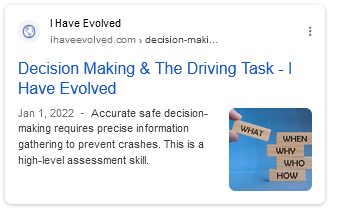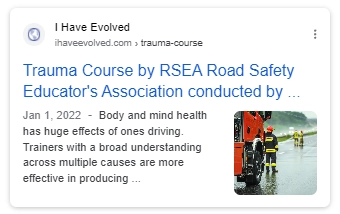With increasing conflicts among various road users, similar to the chaotic driving environment in Cambodia, where pedestrians, motorbikes, tuk-tuks, cars, and trucks all vie for the same space, these issues are slowly creeping into Canada.
Given this trend, I decided to pursue a Bike Instructors Training Certification with a well-funded nonprofit in Vancouver. When I expressed my concerns and fears about cycling through three lanes of rush hour traffic on West Georgia, the response was, “Cyclists have the same rights as cars. Make yourself look bigger!”


During the training, several interesting points stood out:
Firstly, every one of the dozen or so participants seemed very surprised when I mentioned that I drive a special needs bus for a living and ride my bike to work every day, 365 days a year. They asked if I had any conflicts or harassment from my truck-driving coworkers. I was taken aback by their question, as my coworkers simply thought I was healthy for riding my bike daily, with no conflict at all.
Another surprising fact was the extensive funding the group had. Their impressive office building featured wide hallways where staff could ride their bikes straight into large elevators and up to their offices. As someone with decades of experience in driver education, I had never seen even a fraction of such funding for promoting safe driving in cars. Where was all this funding coming from?
Thirdly, there was a surprising lack of crossover from my decades of driver education, including work with Transport Canada, fleet work, trucks, motorcycles, and more. Not a single mention of anything I had learned was present in this course. Specifically a standard motorcycle counter steering technique was silent in the training. The university students teaching us seemed to have little to no experience in traffic or road safety. It seemed that bike safety training stood alone. Why was there such a disconnect?
The biggest surprise came when I discovered that is seemed I was the only one who paid for the Cyclist Instructor Certification. Getting a receipt seemed to be an unusual request. The majority looked like they had received free training from the nonprofit to go into schools in the fall and teach young drivers how to cycle in traffic. Since the training, I often see young bike riders doing some of the maneuvers right out in traffic that I was trained to do, But I could see that they were as scared as I was as the huge cars came up tight behind them. I did think of yelling out the window to help them, “Make yourself look bigger!”
Moreover, around most of participants did not drive a car, or did not drive regularly, or did not have a drivers license. And they were going into the local schools in the fall to teach younger generations to go right out into traffic?
Despite my extensive experience in driver education and my new certification as a Bike Instructor, I was different. I drove a car, and worked as a bus driver and was a driving instructor. Not a single communication came to me regarding helping with their education programs or assisting with their training. Was there not a need for instructors?
Or was it because I was licensed? Because I drive? Because I drive trucks? Because I burn petroleum? Because I am a driving instructor?
Overall, it was an extremely odd experience.

Cooper’s Qualifications
British Columbia Training
Ontario Safety League
Road Safety Educators Association
More
Compare this to the training driving instructors receive in B.C.
Instilling a Seriousness for Driving Every Day.









